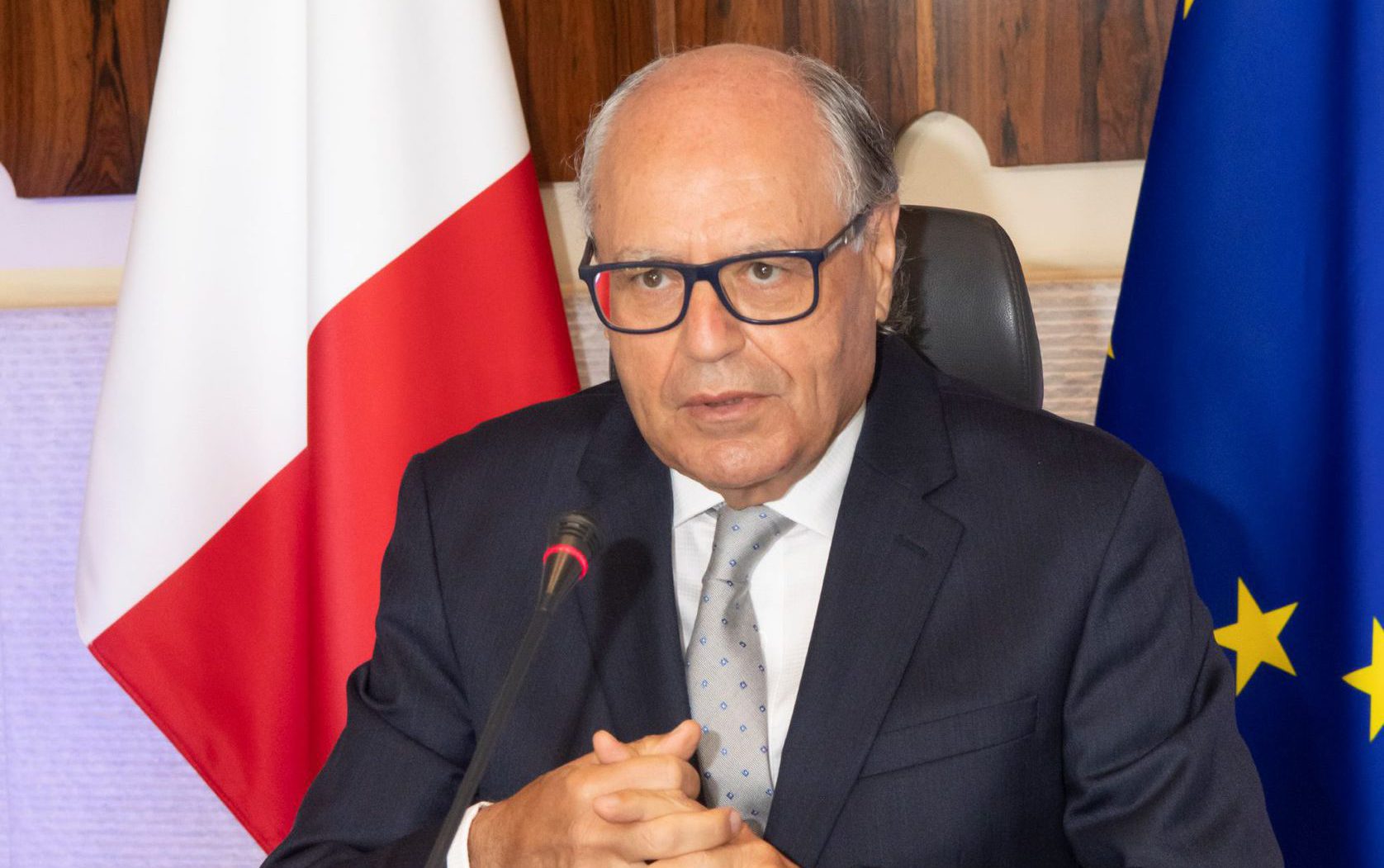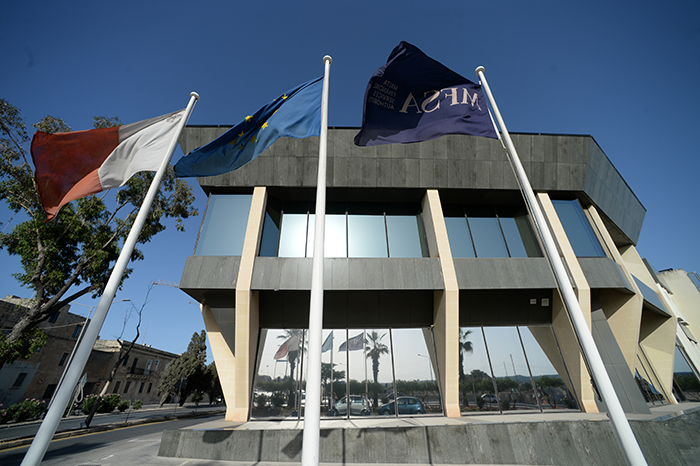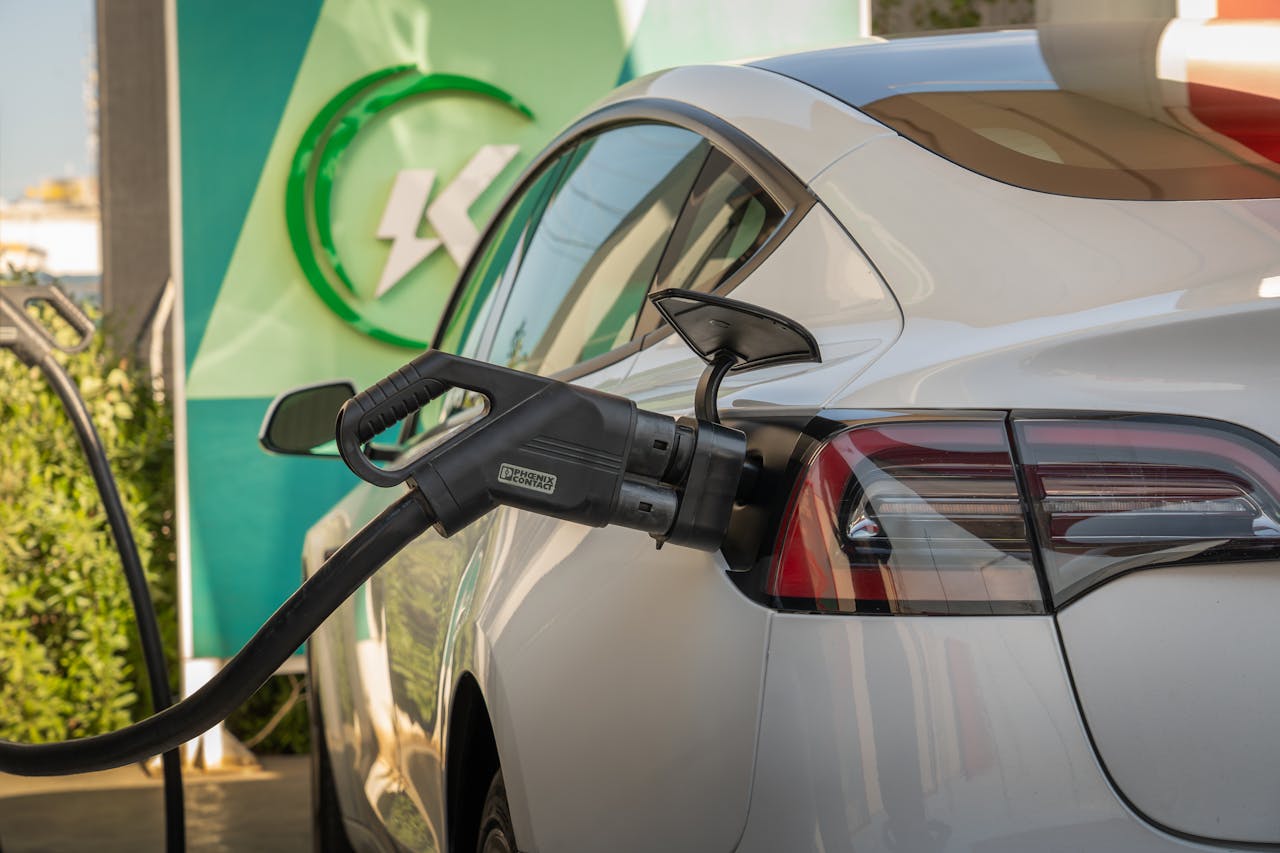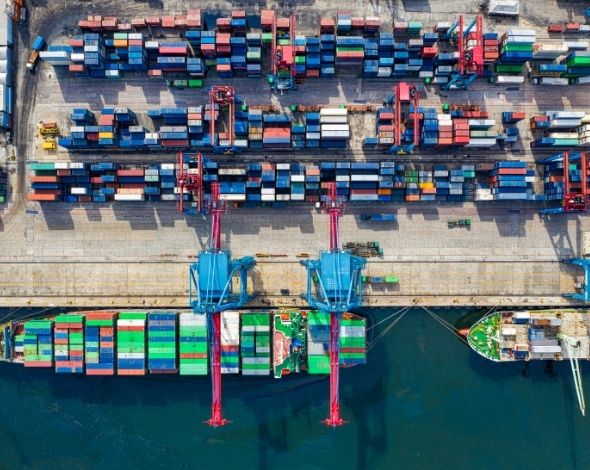The European Central Bank (ECB) is committed to taking action to ensure that inflation “comes back down to its medium-term target of two per cent,” Malta’s Central Bank Governor, Edward Scicluna, said during a keynote address delivered remotely to the Malta Maritime Summit 2022.
He said the ECB is determined to “bring prices in line with its mandate” over the medium term because “low and stable inflation is best conducive to real economic growth.”
Prof Scicluna’s speech broadly touched on monetary policy in the face of supply-side disruptions, detailing market imbalances which have led to inflation.
Indeed, this year the ECB has exercised its monetary policy toolkit by increasing interest rates for a second time. When it first increased rates earlier this year, it was the first time it had opted for this approach in more than 11 years in a bid to control soaring eurozone inflation.
In his speech, Prof Scicluna describes how in 2021, a lifting of COVID restrictions led to an increase in economic activity, with demand picking up at a much faster pace than supply, resulting in logistical problems within shipping and transportation.
Such imbalances are expressed via price, Prof Scicluna continued, adding that “in the twelve months from December 2020 to December 2021, the annual rate of consumer price inflation accelerated from -0.3 per cent to five per cent.
“This trend that has continued since, reinforced by the energy price shock, and pushing euro area inflation to 9.1 per cent in August of this year.”
Here, he stresses that for central bankers, identifying the source of imbalances is key to tailor an effective mitigation response.
He describes how a supply shock, like the one experienced in Europe, leads to an increase in prices and a fall in output, “with conventional monetary policy tools ill adapted to address them.
“With the nature of inflation being different from the one experienced in the States, the ECB waited till inflation showed that it began to spill over from energy to food and then across the board.”
Taking us through the economic snapshot in 2022, Prof Scicluna went on to describe how war in Ukraine further shook euro economy again, and a European dependency on Russian gas led to a massive spike in energy prices “this is still feeding through the real economy.”
This led the ECB to end its net asset purchases, bringing an end to an era of quantitative easing that was put in place in the aftermath of the financial crisis of 2008, and steamed ahead with its interest rate hiking cycle.
“Witnessing an erosion in purchasing power, households and firms are expected to seek higher wages and prices, thus embedding inflationary expectations permanently into the fabric of the euro area economy.
“It is not the ECB’s wish to weaken the economy as a means to lower inflation. But it is conscious that this weakening could lead to a short though unwanted recession.”
Prof Scicluna praised the stringent requirements placed on banks in the aftermath of the 2008 financial crisis, for it is thanks to the capital buffer requirements imposed that banks were able to support national economies through times of crises.
He also spoke of how the ECB is supporting the transition away from fossil fuels towards the digital economy among Europe’s banks to avoid being exposed to climate change damages.
“Regulation and supervision remain important tools to support private actors in such far-reaching developments.”
Why the MLRO role matters more than ever
Matthew Scicluna and Eric Micallef from the MFSA’s Financial Crime Compliance function, shed light on the MLRO Guidance document
New EV leasing mechanism introduced for businesses
The arrangement will support the leasing of zero-emission vehicles without impacting the De Minimis State aid limits of leasing companies
Malta Maritime Forum welcomes cross-party call for island clause in EU climate laws
The Forum warned that the EU's Emission Trading Scheme is disproportionately impacting island economies






